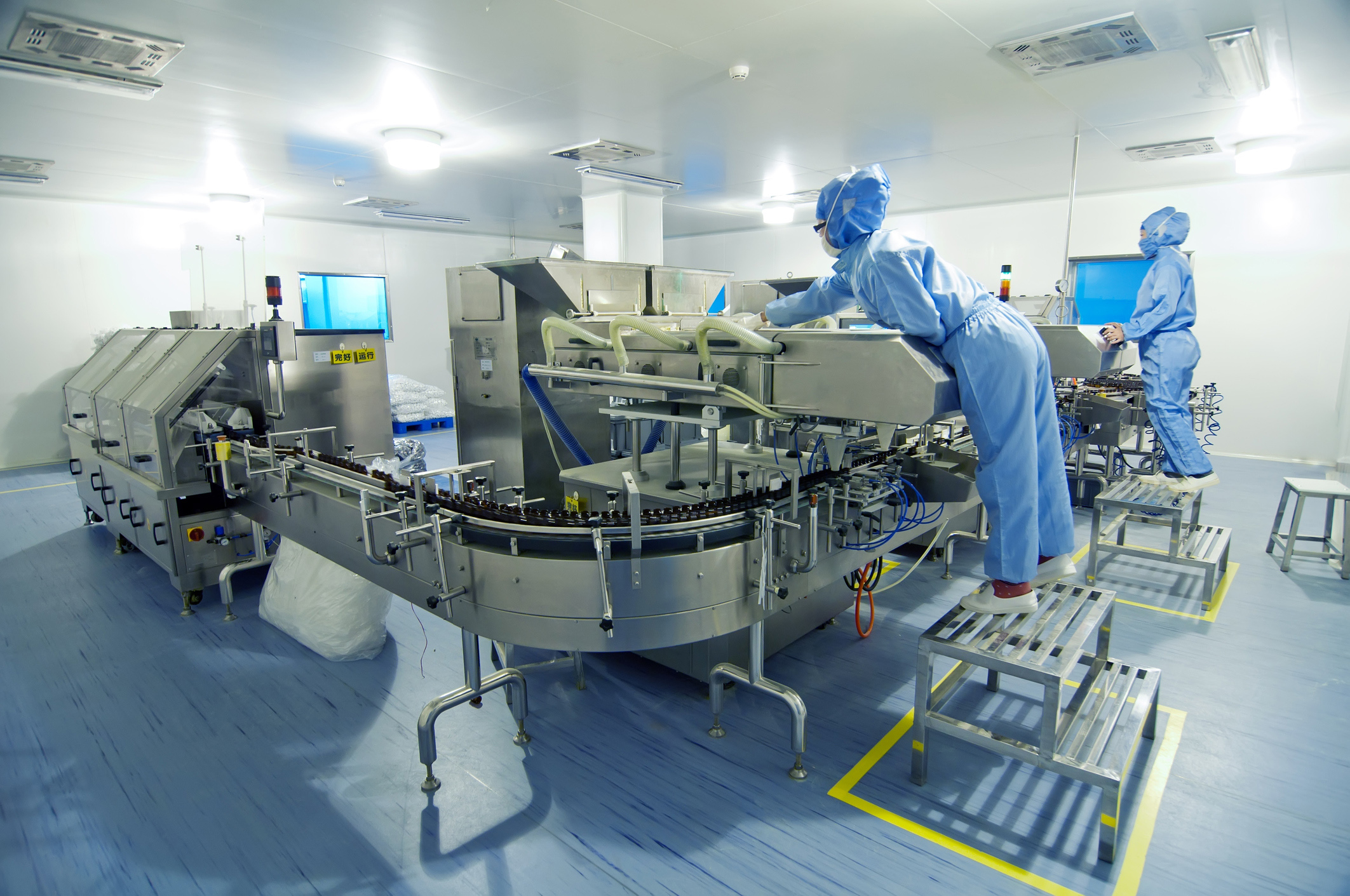
PCI Synthesis, Inc., a pharmaceutical manufacturer of new chemical entities (NCEs), generic active pharmaceutical ingredients (APIs), and other specialty chemical products, issued its annual list of trends that will affect the emerging biotech and generic drug sectors, as well as contract development and manufacturing organizations (CDMOs), contract research organizations (CROs), and contract manufacturing organizations (CMOs) in 2019.
“Innovation, hiring and access to raw materials will be top of mind in 2019,” said Ed Price, president of PCI Synthesis. “While drug prices seem to dominate the news, what gets overlooked is the U.S.’s role leading the development of complex life-saving and life-enhancing drugs. In addition to concerns about raw material shortages and a shortage of qualified chemists in 2019, we expect to see continued consolidation among big pharma and CDMOs, as well as heightened demand for GMP manufacturing for pharma foods and polymers.”
Below are five trends that PCI Synthesis expects will impact the industry next year:
1. Strong growth for CDMOs. There are a number of factors driving growth, including a robust economy; private and foundation money flowing into the sector; big pharma’s continued move to shut plants down and shift to a more cost-effective outsourcing model; and the FDA speeding its drug approval process. That said, risk factors for the sector include: a fluctuating economy; a stock market that has seen wild drops; and increased consolidation among CDMOs.
2. Practical innovation becomes the watch word. Big data and artificial intelligence will help in drug discovery, but, along with continuous manufacturing, they’re all still in the early phases. Yet, batch manufacturing will continue to represent 99 percent of all manufacturing. Advanced techniques like cryogenics, micronization, lyophilization, and polymer-based drug delivery systems will see an uptick in demand as providers and patients demand more readily available, affordable, and effective drug delivery and treatment options.
3. The U.S. and China will continue to rely on each other. Despite a trade war and tariffs between the U.S. and China, the two countries will continue to work together for their self-interests. China is a major low-cost supplier of raw materials used in drug manufacturing in the U.S., and manufacturers will continue to rely heavily on these suppliers to help them provide generics and small-batches of specialty drugs. Since the U.S. is a source of new life-saving drugs that aren’t otherwise available in China, the Chinese will continue to approve record numbers of U.S.-based drugs.
4. Faster FDA approvals may lead to shortages of raw materials. Generic Drug User Fee Amendments—GDUFA and GDUFA II—which extended FDA inspections of international manufacturers while also speeding the approval process, may lead to a shortage of raw materials, which could hinder the availability of generics. And, as more and more generics are in demand, there may be a scarcity of raw materials required to produce them, which could lead to drug shortages and higher prices for raw materials and final products. Even if the FDA opens barriers to entry for generics, industry consolidation among big pharma, with deeper pockets and significant buying power, could make it tougher and more expensive for small generic manufacturers to acquire necessary raw materials.
5. The shortage of qualified chemists will affect the industry. The shortage of qualified scientists to fill all areas of chemical research, development and manufacturing will be one constraint on growth and productivity. When it comes to encouraging students to pursue STEM education, many look to computer coding but what the industry must do is find ways to work with educators and policymakers to encourage careers in physical sciences in order to maintain continued growth, innovation, and manpower that is important to ensure our biotech sector remains world-class.
PCI Synthesis is a small molecule drug substance manufacturer and pharmaceutical development CDMO based in Newburyport, Mass.
(Source: PCI Synthesis, Inc.)
Filed Under: Drug Discovery




